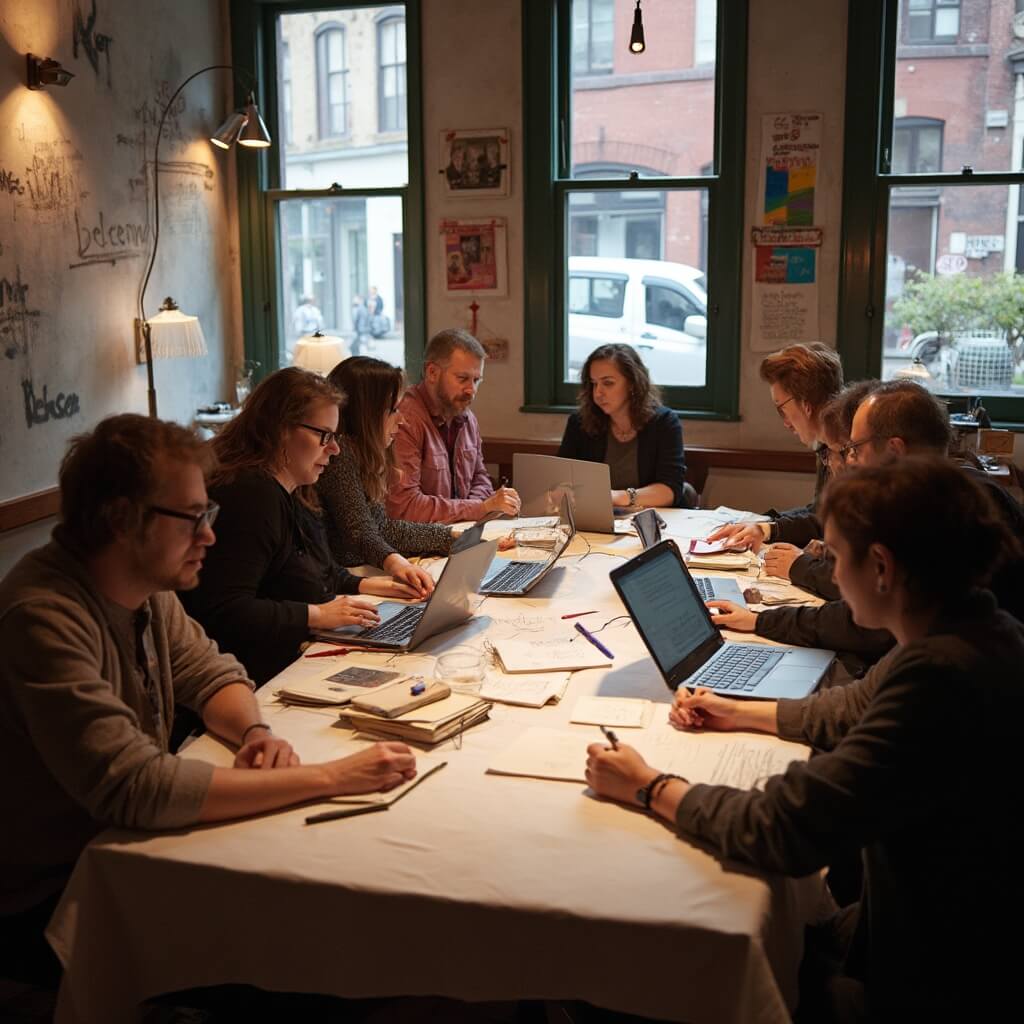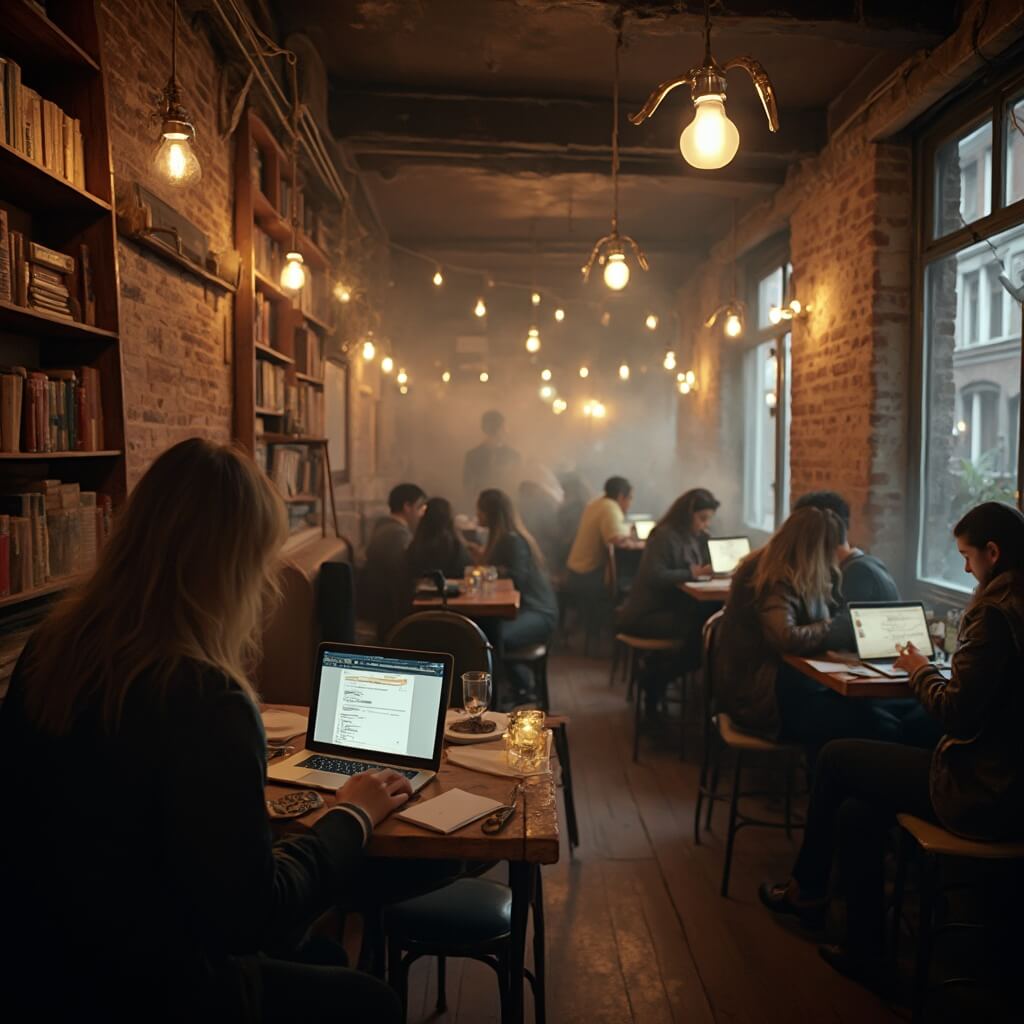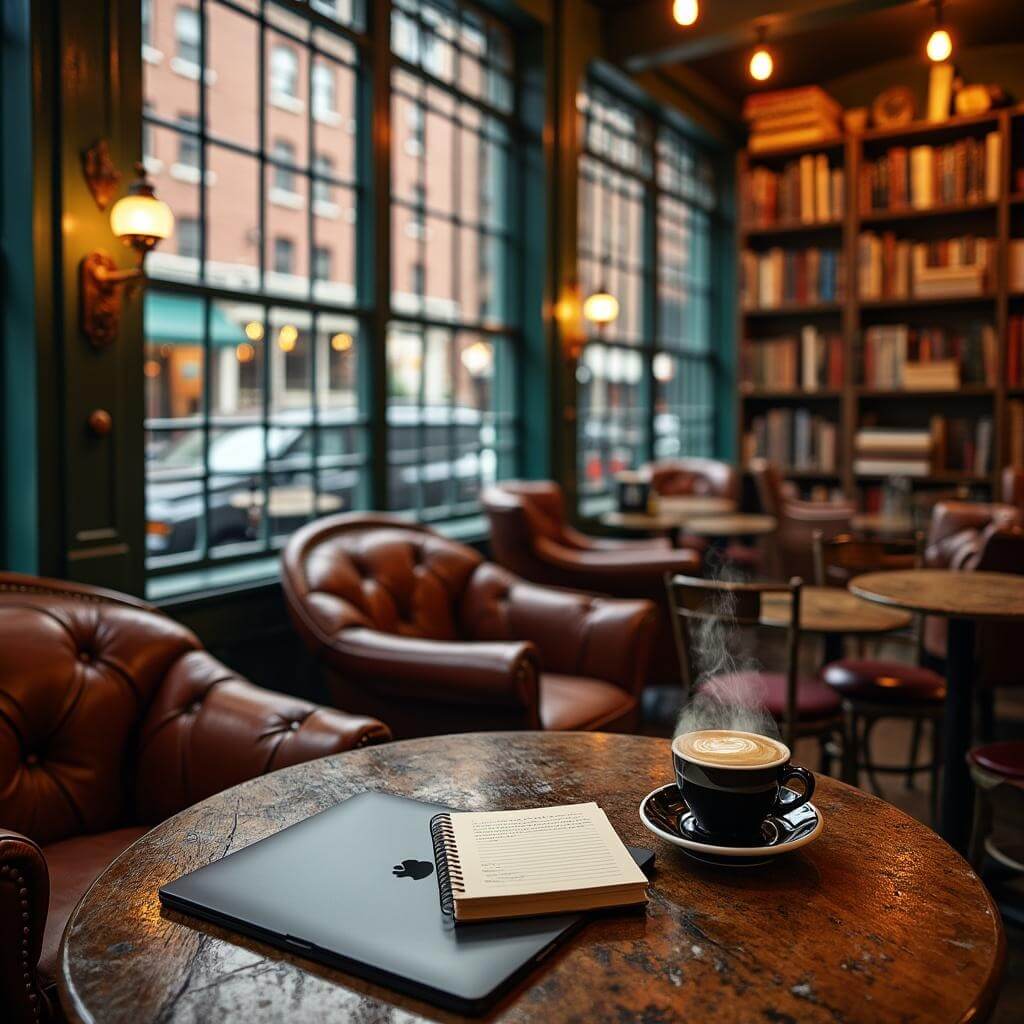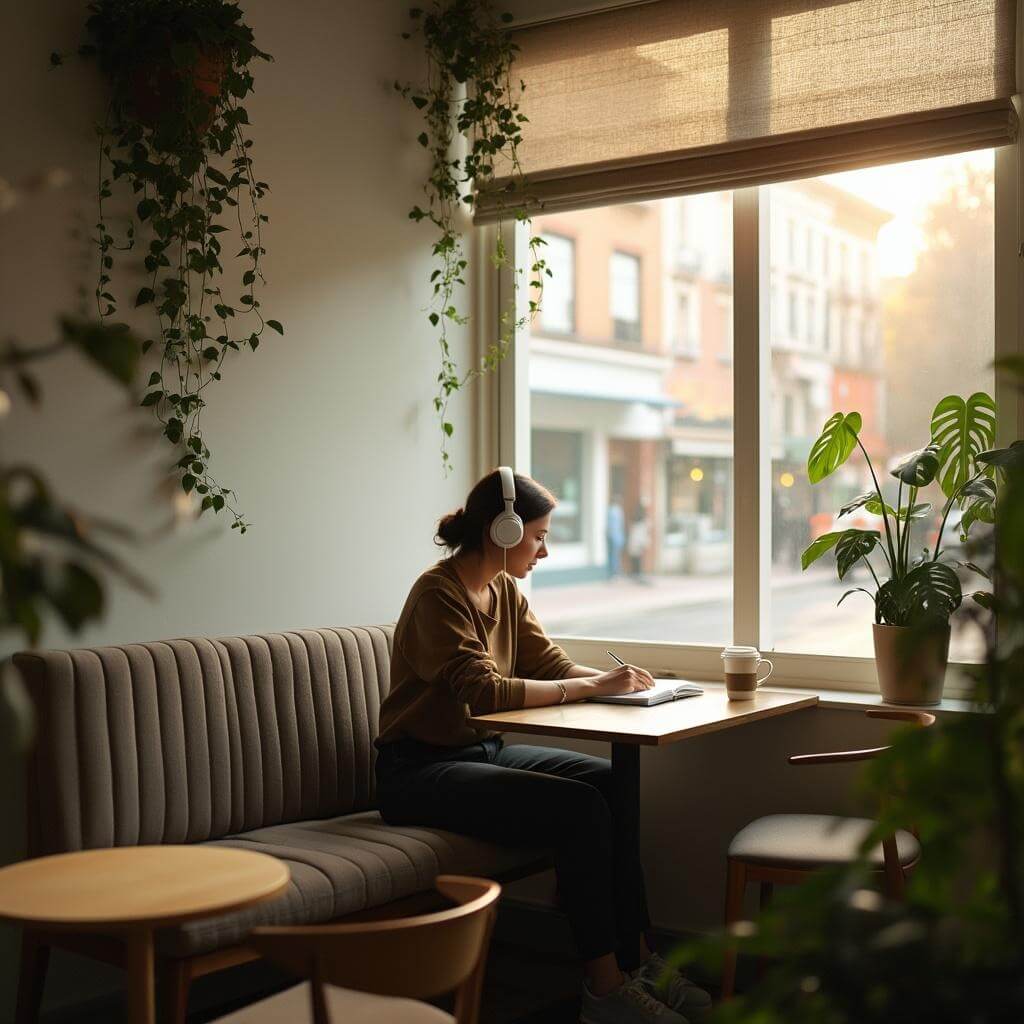Ever wondered where Boston’s most electrifying writing happens? It’s not in quiet libraries or sterile offices—it’s in the pulsing, vibrant literary cafés that transform ordinary coffee breaks into extraordinary creative experiences.
Boston’s literary café scene isn’t just about caffeine and wi-fi. It’s a living, breathing ecosystem where writers—from nervous first-timers to seasoned novelists—find their tribe, their voice, and sometimes, their next breakthrough.
The Heartbeat of Boston’s Writing Culture: More Than Just Coffee
I remember my first visit to a Boston literary café. Nervous, laptop clutched like a shield, I walked into GrubStreet’s Fabulist Café. The energy was immediate—writers hunched over laptops, conversations sparking with creative electricity, drinks with names like “Poetic Justice” waiting to be sipped.
These spaces are revolutionary. They’re not just cafés. They’re:
- Creative sanctuaries
- Community incubators
- Idea laboratories
- Connection hubs for writers

GrubStreet: The Epicenter of Literary Magic
GrubStreet isn’t just a writing center—it’s a literary powerhouse. Located in the sleek Seaport district, it offers:
- Comprehensive writing workshops
- Collaborative spaces
- A café designed for writers, by writers
The Fabulist Café, nestled on GrubStreet’s ground floor, epitomizes this vision. Imagine ordering an “Antihero” latte while brainstorming your next novel—this is where literary dreams take flight.
Breaking Barriers: justBook-ish and Social Justice Literature

Not all literary spaces are created equal. justBook-ish, founded by poet laureate Olayiwola and Haley House director Broderick, represents a radical reimagining of the literary café.
This isn’t just a bookstore. It’s an activist space where:
- Poetry becomes protest
- Literature challenges systems
- Marginalized voices find amplification
Their events blend performance, conversation, and social critique—transforming a simple café into a platform for change.
Boston’s Writing Landscape: More Than Just Locations
From Seaport’s Barrington Coffee to Cambridge’s intellectual havens like Intelligentsia, Boston offers writers a buffet of creative spaces. Each venue offers something unique:
- Quiet corners for deep concentration
- Vibrant areas for collaborative work
- Atmospheres that spark creativity
Looking to explore more of Boston while you’re creatively inspired? Check out our guide to walking the Freedom Trail for a dose of literary and historical reflection.
The Community Catalyst: Why These Spaces Matter
Writing can be desperately lonely. These cafés combat that isolation by creating:
- Supportive feedback cultures
- Spontaneous networking opportunities
- Inclusive environments for all writing levels
A struggling poet might find mentorship. A novel-in-progress could discover its first critical readers. These aren’t just spaces—they’re literary ecosystems.
Challenges and Innovations
The scene isn’t perfect. Accessibility remains a challenge. How do we ensure these spaces welcome writers from all backgrounds? The ongoing work involves:
- Reducing financial barriers
- Creating truly inclusive environments
- Balancing quiet work with community engagement
Technology is reshaping these spaces too. Virtual workshops, online readings, digital collaboration—the literary café is evolving.
Seeking a tranquil place to reflect on your writing journey? Explore ideas for a writing and meditation space to recharge your creative energy.
As I look around these spaces, watching writers transform caffeine into creativity, one thing becomes clear: Boston’s literary cafés are more than destinations. They’re portals—where individual stories connect, where isolated words become shared narratives.
The city’s writing culture pulses with potential, waiting for the next great story to unfold—perhaps at the table right next to you.
The Digital Frontier: When Literary Cafés Meet Technology
Technology isn’t replacing our literary cafés—it’s amplifying them.
Virtual writing workshops now complement in-person experiences. Writers connect across geographical boundaries, breaking traditional limitations. Imagine participating in a poetry slam from Cambridge while sitting in a San Francisco coffee shop—this is the new literary landscape.
Pro Tip: Navigating Digital-Physical Writing Spaces
Successful writers are now hybrid creators:
- Use café spaces for initial brainstorming
- Transition to digital platforms for collaborative editing
- Leverage online communities for broader feedback
- Return to physical spaces for deep, uninterrupted writing
The Boston Book Festival exemplifies this approach, seamlessly blending physical and digital literary experiences. Their online platforms extend the reach of local writing communities, democratizing access to literary resources.
Representation Matters: Expanding Literary Voices
Boston’s literary cafés aren’t just spaces—they’re statements of inclusion.
justBook-ish leads this charge, creating environments where:
- Marginalized writers find platforms
- Diverse narratives receive authentic representation
- Literary activism becomes a tangible, lived experience
Personal Experience: Witnessing a young poet of color share her work at justBook-ish, receiving standing ovation—this is transformation in real-time.
Economic Realities: Supporting Independent Writers
Writing isn’t just art—it’s an economic endeavor.
Literary cafés are addressing financial barriers by:
- Offering sliding-scale workshop fees
- Providing free writing resources
- Creating networking opportunities for emerging writers
- Hosting affordable book launch events
Discover more hidden writing havens in Boston that nurture and support authors of all backgrounds.
The Introverted Writer’s Survival Guide
Not everyone thrives in bustling environments. Boston’s literary spaces understand this nuance.
Strategies for Quiet Creators:
- Identify café zones with minimal noise
- Use noise-canceling headphones
- Schedule writing during less crowded hours
- Communicate boundaries respectfully
Need help designing your own cozy writing space or achieving that literary aesthetic? Dive into our curated home design inspirations.
Future Forecast: Boston’s Literary Evolution
Emerging trends suggest:
- More hybrid literary spaces
- Increased focus on social justice narratives
- Technology-enhanced collaborative platforms
- Greater emphasis on interdisciplinary creativity
Explore ways to enhance your scholarly ambiance or build a dreamy home library to complement your writing lifestyle.
Your Writing Journey Starts Here
Whether you’re a novice or established author, Boston’s literary cafés offer more than coffee—they provide community, connection, and creative fuel.
Key Takeaways:
- Literary spaces are dynamic ecosystems
- Technology enhances, not replaces, human connection
- Representation and accessibility are crucial
- Every writer has a unique path
Final Thought: In Boston’s literary cafés, every cup of coffee is a potential story waiting to be written.
Your next chapter begins now—in the vibrant, transformative world of Boston’s literary café revolution.










